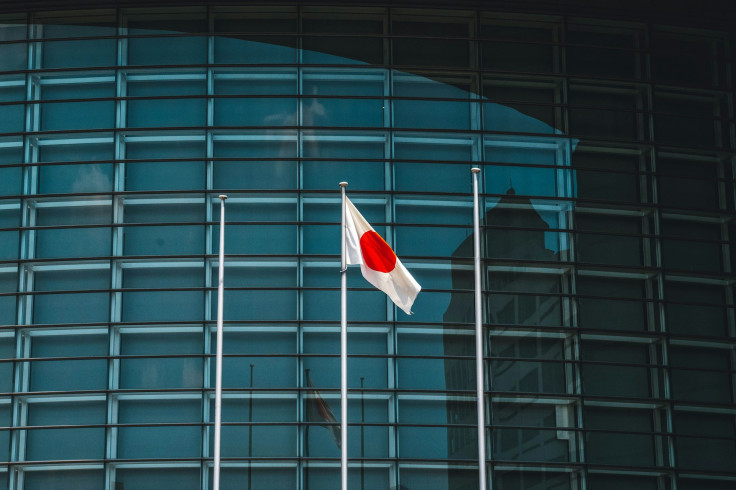Trump Threatens Japan With 35% Tariff, Escalating Trade Tensions Ahead of US Election
Donald Trump called Japan very tough and spoiled.

US President Donald Trump has warned Japan he could impose tariffs of up to 35% if a new trade agreement is not reached before the expiration of a 90-day duty pause on 9 July 2025. The comments mark a significant escalation in trade tensions with Japan, ahead of the US general election later this year.
Pause on Duties Set to Expire
The 90-day reciprocal tariff pause, agreed in April, saw most imports from trading partners temporarily reduced to 10%. However, the measure was always intended as a stopgap. Unless a successor agreement is reached by 9 July, tariffs will revert to the original 24%, or even rise to the 30–35% Trump has threatened.
Speaking to reporters on 1 July, Trump cast doubt on reaching a deal with Tokyo. He said it would be 'impossible' to reach a fair arrangement and warned the US would impose a '30% or 35%' tariff on Japanese imports if talks fail, without confirming whether he planned to extend the pause. The proposed rate far exceeds the current 24% tariff under his administration.
Trump Targets Japanese Agriculture and Autos
Trump characterised Japan and other countries as 'spoiled' for 'ripping us off for 30, 40 years', citing Japan's reluctance to import enough US cars or rice. He said he would send a letter to Tokyo signalling the intent to apply steep tariffs. These comments were followed by a social media post on Truth Social, where he insisted Japan has limited its rice purchases despite domestic shortages.
Japan's Foreign Ministry and tariff negotiators have responded cautiously. Deputy cabinet secretary Kazuhiko Aoki said: 'We are aware of what President Trump said, but we do not comment on every remark made by US government officials.' Meanwhile, Chief Cabinet Secretary Yoshimasa Hayashi stressed Japan would not make concessions that threaten its domestic farmers.
Prime Minister Ishiba Defends National Interests
Japan's Prime Minister Shigeru Ishiba declared Japan would protect its national interests in ongoing negotiations, highlighting that Tokyo is one of the largest US investors and a major job creator in America. Ishiba proposed focusing on greater Japanese investment rather than tariff reductions, while pushing for exemptions for the car industry from the 25% auto tariff.
The prime minister also warned Tokyo would diversify exports and stimulate domestic demand if US auto sales dropped. Ishiba faces a July 20 upper house election, where voters are increasingly concerned about rising living costs and economic uncertainty stemming from trade negotiations.
Economic Impact and BOJ Reaction
A recent Bank of Japan tankan survey revealed a slight rise in business optimism among manufacturers, yet warned of reduced profits and weaker exports amid tariff-pressure. About 70% of Japanese firms surveyed said the impact of Trump-era tariffs was within expectations.
BOJ board member Kazuyuki Masu cautioned this week that rate policy should not be rushed. He linked any future rate decisions to clarity in trade negotiations, underscoring the central bank's concern over the strain tariffs may place on economic growth.
Broader Context: US Trade Strategy
The US is continuing talks with other partners. Notably, issues raised by Trump include calls for increased military spending by allies. Japan is being pressed to raise defence outlay and confront security threats from China. Warren Buffett and trade analysts alike remain sceptical of such tariff leverage, viewing it as a disruptive bargaining tool that risks broader economic fallout.
What Lies Ahead
With less than a week remaining until the July 9 deadline, both sides appear to have distance to cover. Japan hopes to secure exemptions for its auto and agricultural sectors, while the US insists on greater purchases of American goods and tougher security commitments.
If no deal is reached and tariffs rise to 35%, analysts warn it could shave up to 1 percentage point off Japan's GDP and send ripple effects through global supply chains. Japan may retaliate with its own trade measures or pursue WTO remedies, further straining bilateral ties.
As the deadline looms, all eyes are on Washington and Tokyo. The outcome could reshape relations between two of Asia's most powerful nations and define the next phase of global trade policy.
© Copyright IBTimes 2025. All rights reserved.





















